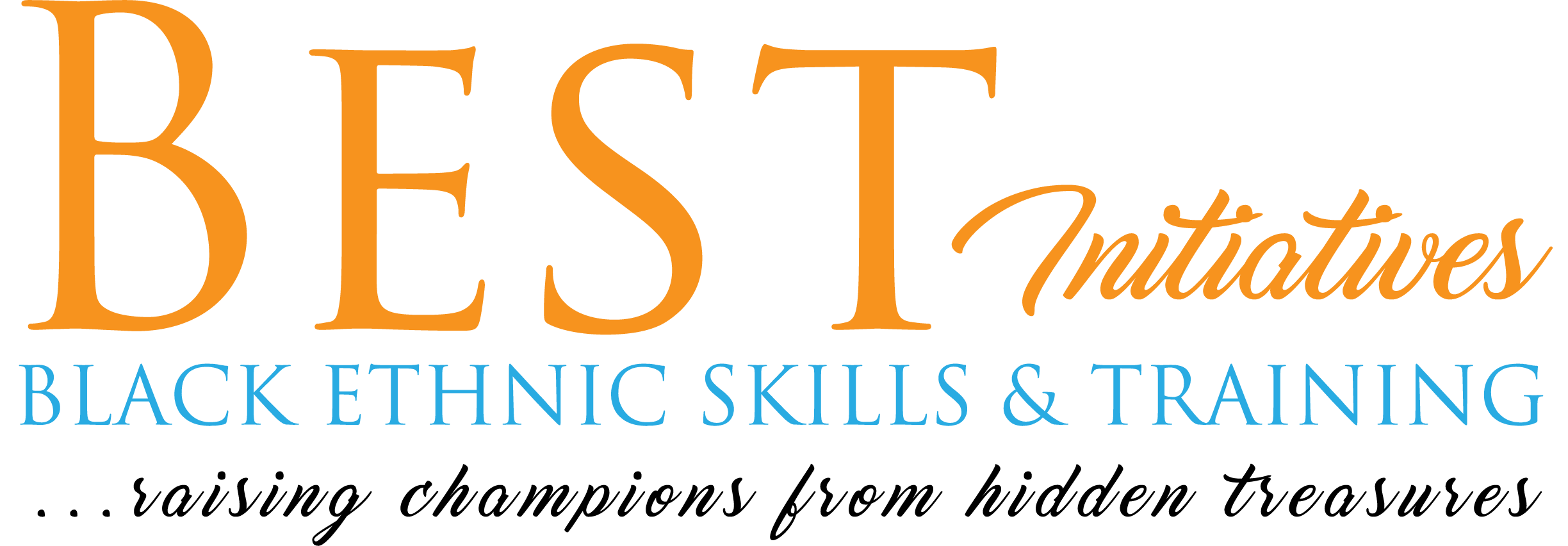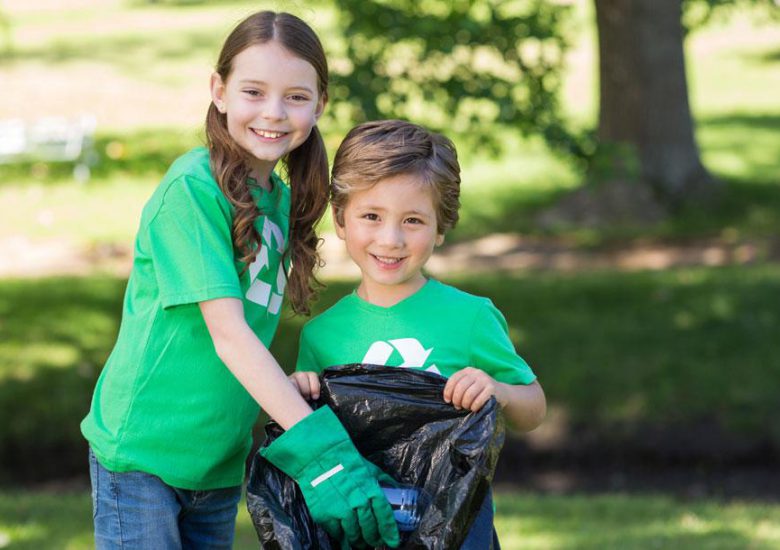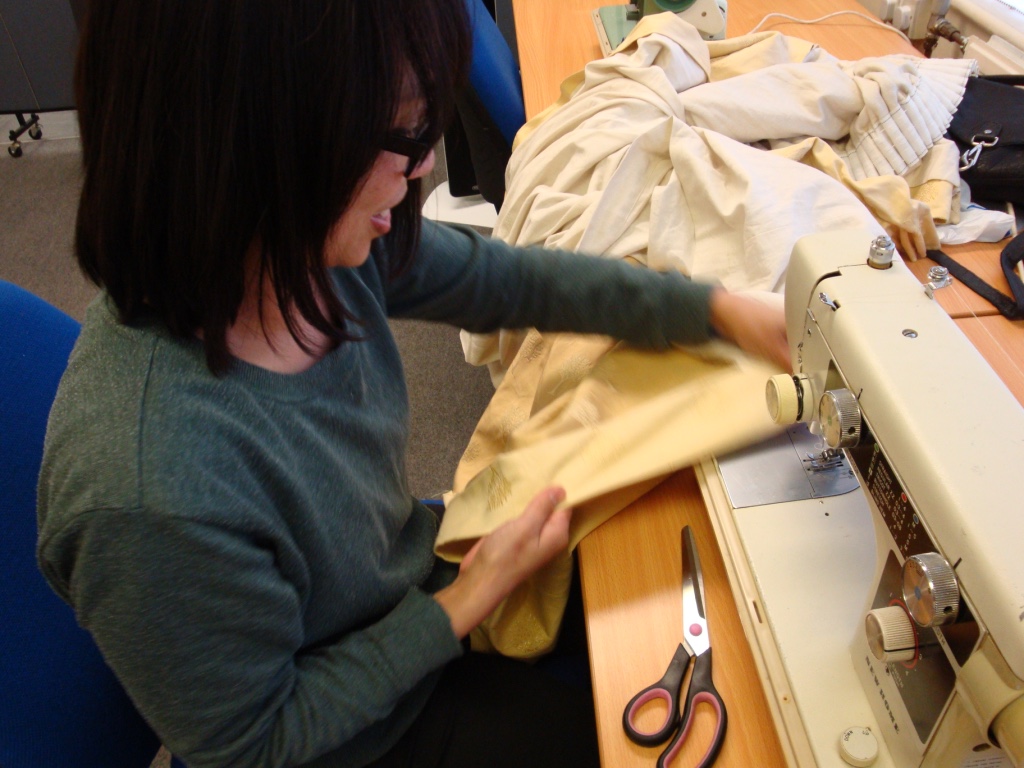About us
Our Identity & Progress
Since its establishment on 8th September 2006, and subsequent evolution into a registered charity on 8th December 2012, BEST Initiatives has been at the forefront of fostering community development through a series of impactful projects.
Our journey began with an explorative research and pilot program between 2006 and 2007, which revealed a critical need for greater social cohesion within our diverse community. The findings highlighted prevalent segregation along the lines of ethnicity, race, and religion, with social circles largely confined to similar groups—a clear divide of “us” versus “them.”
In response to this challenge, 2008 marked the inception of the Strategic Social Cohesion project. Bolstered by the support of the National Lottery Fund and Newcastle City Learning, we launched a suite of vocational training programs in hairdressing, hat making, sewing, embroidery, tie-dye, and bead making. These courses served as a unifying platform, drawing together individuals across ethnic, religious, and racial lines to collaborate and forge lasting friendships. The project was a triumph, with over 250 learners embracing these new skills together.
Building on this success, we unveiled the Grassroots Educational Support Scheme (GESS) in 2013, focusing on educational empowerment. This project provided after-school homework support for children and teens aged 8 to 18, complemented by Information, Advice & Guidance (IAG) for job-seekers, and vital IT ESOL programs for non-native English speakers. We also offered training and mentorship for parents to enhance their capacity to support their children’s educational journeys. The Strategic Social Cohesion’s legacy thus seamlessly transitioned into GESS, continuing our commitment to education and integration.
Through these projects, BEST Initiatives has not only addressed immediate educational and vocational needs but has also laid down the foundation for a more interconnected and supportive community.
The conclusion of the Grassroots Educational Support Scheme (GESS) marked a reflective period for BEST Initiatives, culminating in March 2018. During this time, the board of trustees undertook a comprehensive review, which led to a refined focus on maintaining essential services through the dedicated efforts of our volunteers—a strategic move during a period of funding reassessment, meant as a temporary pivot while awaiting a renewed vision and direction.
Amidst this period of recalibration, we fortified the foundation of our mission through the development of our volunteers’ skills and capacity via the CVS Network. The network was instrumental in providing a suite of free resources, including additional volunteer support, specialized training, access to facilities for meetings and training sessions, and mentorship programs.
Emerging from this period of introspection, we launched the Skills and Employability Support Scheme (SAESS)—a non-accredited training initiative that intertwined culturally relevant skills with employability support. SAESS was crafted to engage the BME community actively, prompting members to explore and prepare for future employment avenues. The program’s core was to cultivate practical skills in sewing and machining, bolstering not just the ability to meet personal and domestic needs but also paving the way for industrial and vocational opportunities. A key aspect of SAESS was the creation of a clear progression pathway for participants, leading them to further practical and vocational study at Newcastle College.
Through these thoughtful transitions and strategic projects, BEST Initiatives continued to nurture the growth, confidence, and self-esteem of our community members, while steadily steering them towards self-reliance and economic empowerment.
Advancing Community Support: The Progression of BEST Initiatives’ Projects
The Skills and Employability Support Scheme (SAESS) set the stage for the subsequent Employability Training & Mentorship Support Scheme (ETAMSS). ETAMSS was designed to arm participants with critical competencies to enhance their employability. With a focus on practical technology use, the scheme provided structured support including computer and laptop access, comprehensive CV writing guidance, simulated interviews, assistance with online job searches and essential digital communications, including email and social media engagement. Additionally, ETAMSS offered specialized support to individuals for whom English is not the first language, recognizing the diverse needs of our community members.
In the wake of the COVID-19 pandemic, BEST Initiatives responded swiftly with two targeted support schemes: the COVID-19 Impact Relief Support Scheme (CIRSS) and the COVID-19 Community Pain Alleviation Scheme (CCPAS). These initiatives were promptly put in place to offer relief to the members of our BME community who faced the brunt of the pandemic’s challenges. Recognizing the prolonged path to recovery and the consequent strain on public services, these schemes aimed to bridge the service gap during a time of heightened need and uncertainty.
Each project we have undertaken has been a step towards our unwavering goal: to uplift the lives of our community members. Through a comprehensive blend of employment support, education, skills development, and Information, Advice, and Guidance (IAG), we strive to foster a spirit of integration and cohesion. We have continually sought to strengthen our community through strategic partnerships and collaborations, ensuring that every initiative we introduce has a tangible, positive impact on those we serve.
Empowering Communities: The Mission of BEST Initiatives
BEST Initiatives stands as a beacon of support for the BME community and refugees within the Newcastle area, tackling the challenges of exclusion and disadvantage head-on. Our multifaceted approach includes:
-
Inclusive Support: We provide a sanctuary and practical assistance for those grappling with the societal barriers that stem from their backgrounds or circumstances.
-
Personal Empowerment: Through skill development and interview preparation, we empower individuals to realize their full employability potential.
-
Community Unity: We are champions of social harmony, advocating for the integration and cohesion of diverse cultures within Newcastle.
-
Cultural Preservation: We honor and promote the rich tapestry of African heritage by fostering skills in traditional hair plaiting, salon services, textile creation, and fashion design.
-
Vocational Excellence: By offering vocational training, we enhance employability skills, providing the ladder to career advancement.
-
Entrepreneurial Development: We particularly focus on nurturing entrepreneurship among Black and Asian women and other minority ethnic groups, equipping them with the tools to succeed in business.
At the heart of BEST Initiatives is the belief that embracing and promoting cultural diversity enriches all aspects of society, from the economy to interpersonal relationships. We stand for growth, opportunity, and the celebration of heritage, working tirelessly to transform lives and communities.
Cultivating Creativity: The Essence of BEST Initiatives’ Craft and Artistry Programs
At BEST Initiatives, we believe that the pursuit of art and beauty is a fundamental human experience, vital for personal growth and community connection. Our craft sessions are more than just skill-building activities; they are a journey into the heart of aesthetics.
-
Diverse Artistic Disciplines: We guide our trainees through a variety of creative expressions, including sewing and embroidery, tie-dye, bead making, braiding, and hat making. Each discipline is a world of its own, with unique languages, techniques, and traditions.
-
Creative Expression and Appreciation: Our trainees are not only taught how to create; they are encouraged to appreciate and critically evaluate the beauty in their work and the work of others. This fosters a deep, personal connection to art.
-
Sensory Engagement and Communication: Through our programs, trainees engage their senses and emotions, channeling their values and knowledge into artistic creations that communicate their innermost perceptions and feelings.
-
Cultural and Personal Exploration: Crafts become a medium for exploring broader societal values and attitudes, bridging individual creativity with community heritage.
-
Skills and Knowledge Integration: The craft experience at BEST Initiatives is an interplay of idea exploration and skill application, empowering trainees to express their life experiences and imaginations powerfully.
Our rationale is clear: to offer a platform where the act of making is both a personal voyage into creativity and a communal celebration of cultural narratives. It is here, through the mastery of craft and the appreciation of artistry, that our trainees discover a powerful voice for both expression and communication.
Together We Can Reshape Our Communities!
THE ARTS AND THE LIFE OF THE COMMUNITY
The crafts play an important role in the life of the community. The crafts permeate everyday life. Their influence is evident, for example, in the design of the clothes we wear, the buildings in which we live and work. The crafts are important for the expression of the life and culture of communities, and contribute to the transmission of values and ideas from generation to generation. They play a major role in the forms of communication and entertainment we experience on a daily basis. All the trainees will experience the crafts in various forms through their personal and working experience beyond the training. For some, it will provide avenue for career development. For other, their learnings in the subjects will be applied in other occupations, be part of their leisure or feature in other parts of their daily lives.
THE ARTS AND COMMUNICATION
The crafts are a major form of human communication and expression. Individuals and groups use them to explore, express and communicate ideas, feelings and experiences. Through the arts individuals and groups express, convey and invoke meaning. Like other language forms, arts languages have their own conventions, codes, practices and meaning structures. They also communicate cultural contexts. Trainees’ benefit from understanding and using these ways of knowing and expressing feelings and experiences.
THE ARTS AND VALUES
Craft works can inform, teach, persuade and provoke thought. They can reproduce and reinforce existing ideas and values, challenge them, or offer new ways of thinking and feeling. They can confirm existing values and practices, and they can bring about change. As a result, the arts play an important role in shaping our understanding of ourselves as individuals and members of society and our understanding of the world in which we live. The Skills Learning Area contributes to the development of core shared values in trainees, in particular, helping them to critically reflect, make personal meaning and show enterprise and initiative.
THE CRAFTS, CREATIVITY AND SATISFACTION.
The crafts provide a major means of personal creativity, satisfaction and pleasure. They allow the opportunity for creative problem solving, self-expression and the use of the imagination in a range of different forms. The study of the crafts can provide trainees with immediate satisfaction as well as providing the basis for lifelong enjoyment. The opportunity for creativity in the crafts develops trainees’ abilities to plan, visualise consequences, experiment, try different approaches, solve problems and make decisions in situations in which there may be no standard answers. The crafts and life skills Working in the Skills Learning Area involves the development of trainees’ skills across a wide range of human activities. Learning in the crafts promotes the integration of skills from different areas of human potential, promoting ‘multi-sensory; learning and the development of ‘multiple intelligences’. The crafts develop verbal and physical skills, logical and intuitive thinking, interpersonal skills and spatial, rhythmic, visual and kinaesthetic awareness. They promote emotional intelligence, a way of understanding, using and making responses through the emotions and trainees’ intrapersonal qualities and experiences. Through the crafts, students learn to use and experiment with a range of traditional and emerging technologies.




